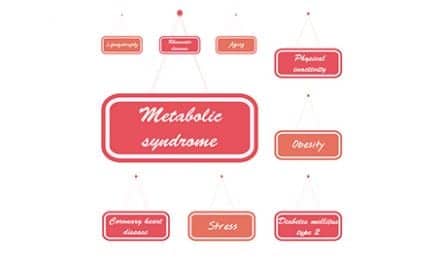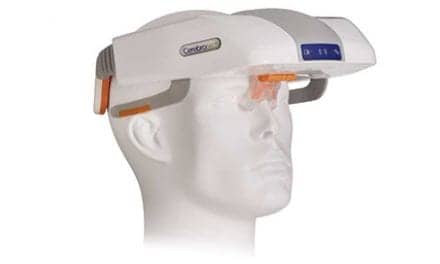Patients with convergence insufficiency after sport-related concussion had an increased risk for prolonged recovery, according to a study published in The American Journal of Sports Medicine.
In the study, 270 athletes with the diagnosis of sport-related concussion were evaluated for near point of convergence. Researchers categorized the athletes in a normal, near point convergence group or in a convergence insufficiency group.
Results showed 50.4% of athletes had convergence insufficiency. Researchers noted a significantly longer time to recovery among athletes with convergence insufficiency compared with athletes in the normal, near point convergence group. After adjusting for age, sex, previous concussion and type of sport played, athletes with convergence insufficiency had 12.3-fold significantly increased odds of prolonged recovery, according to logistic regression analysis.
Researchers found 75.2% of the sample was correctly classified by convergence insufficiency screening, with 84.2% sensitivity and 70% specificity. Results showed a convergence insufficiency and prolonged recovery had a positive predictive value of 62.5% and a negative predictive value of 88.1%.
[Source: Healio]





